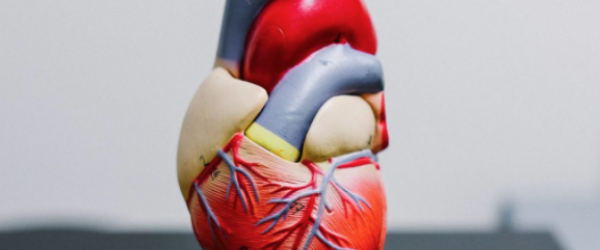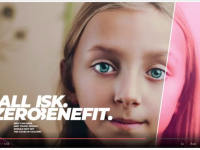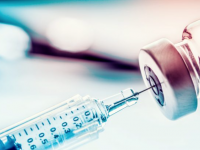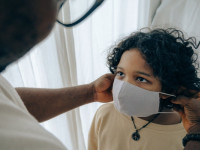The roll out of the COVID-19 vaccine to adolescents has begun, following the announcement on 4 August by the Joint Committee on Vaccination and Immunisation (JCVI) that all 16 and 17 year olds should be offered their first dose of the Pfizer-BioNTech vaccine, despite evidence that myocarditis is a real and serious side effect of the vaccine.
The best real world data, from the Israeli health department, shows a myocarditis risk to young men aged 20-24 after the second dose of Pfizer of 1 in 10,463, rising to 1 in 6,230 for 16-19s, occurring mostly within the first 7 days post vaccination. These figures only include children presenting to hospital. Reflecting the JCVI’s acknowledgement of the risk, 16-17 year-olds are only being offered one dose in the first instance, yet all 18-25 year olds continue to be offered a second dose.
It has been suggested that vaccination in this young age group is valid, as myocarditis can also occur with COVID-19 infection with one non-peer-reviewed paper, using data extracted from health records to show that myocarditis occurred in 0.09% of boys aged 12-19, within 90 days of a COVID-19 diagnosis. However, that estimated rate of myocarditis assumes all cases of COVID-19 are held within their data system, which is highly unlikely to be the case given children are likely to be asymptomatic or with very mild symptoms.
Dismissal of the data in some quarters, on the basis that such symptoms are mild and self-limiting, which is far from clear, is a real concern, as evidenced by a recent report of 63 cases of vaccination-associated myocarditis in under 21s from the US. The youngsters had a mean age of 15.6 years and all presented with chest pain: 70% had abnormal ECGs, 14% had mild left ventricular dysfunction on echocardiography, 6% had cardiac arrhythmias. Of the 56 patients who had Cardiac Magnetic Resonance imaging, 88% had significant abnormalities on late gadolinium enhancement consistent with ‘non-ischemic myocardial injury and necrosis’, the appearances being more severe than that seen in 16 children with Multisystem inflammatory syndrome (MIS-C). Only two children have had repeat cardiac MRIs to date, both showing persistent changes. The authors advise that these children should follow the advice given for viral myocarditis and avoid sport for 3 to 6 months. Long-term follow-up will be required and a risk of cardiac decompensation in years to come cannot be ruled out. An overview of myocarditis in children highlights the need for early diagnosis and treatment but also the possibility of dilated cardiomyopathy in adult life, with the potential need for heart transplant. No-one should dismiss this as a mild and self-limiting condition.





